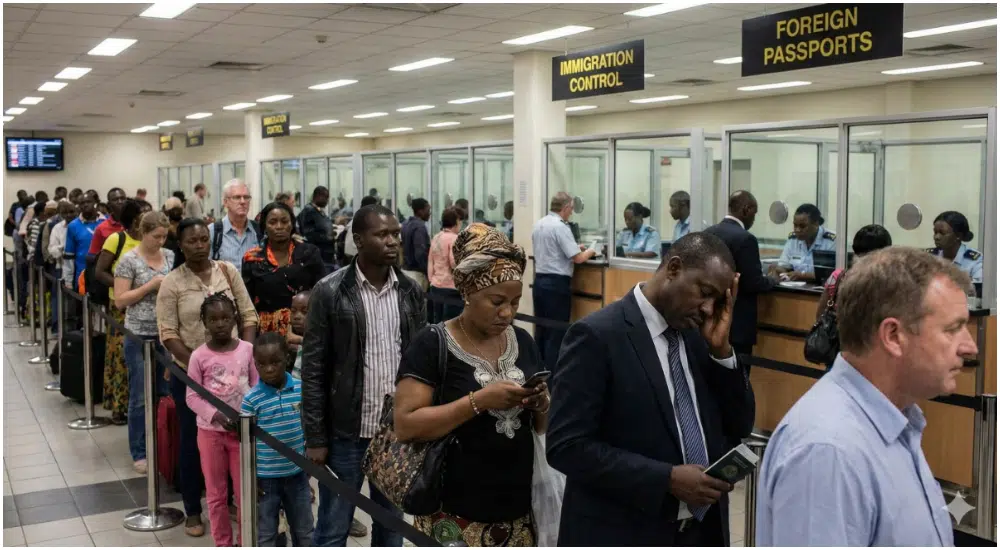Nigeria’s Minister of Communications, Innovation and Digital Economy, Bosun Tijani, has been elected vice-chair of the International Telecommunication Union (ITU) Council for the 2025–2026 term.
Tijani’s appointment marks Nigeria’s first leadership role at the ITU Council in nearly 50 years and could be a significant moment for Africa’s voice in global digital governance.
“It is a profound honour to be elected Vice Chair of the International Telecommunication Union (ITU) Council 2025. This appointment, which is the first for Nigeria to a leadership role in the ITU Council in nearly 50 years, comes at a pivotal time, when global cooperation is essential to shaping a connected, secure, and sustainable digital future,” Tijani said in a LinkedIn post.
Tijani also pledged to use the position to advocate for inclusive tech policies globally.
“Through this new responsibility, I will champion global collaboration around resilient infrastructure, meaningful access, digital literacy, cybersecurity, and trusted digital public infrastructure.”
Bolstering pan-African tech diplomacy
Tijani’s vice-chair position provides Africa with strategic representation in setting global ICT policies. Nigeria currently holds one of the 13 African seats on the 48-member ITU Council. This new role enables him to contribute to and lead conversations that shape global telecom norms and standards.
Countries like Rwanda, South Africa, and Côte d’Ivoire hold key ITU committee positions. Tijani’s elevation further consolidates Africa’s presence in international tech governance.
Strengthening Africa’s digital ecosystem
Beyond policy influence, Tijani aims to harness this role to catalyse digital growth on the continent. He highlighted alignment with Nigeria’s national development goals:
“From expanding connectivity in underserved areas to equipping young Nigerians with digital skills, our national priorities align strongly with the ITU’s vision of leaving no one behind in the digital revolution.”
With much of the African continent still lagging behind in key digital economy indicators, Tijani’s appointment offers an opportunity to keep these issues on the front burner.











